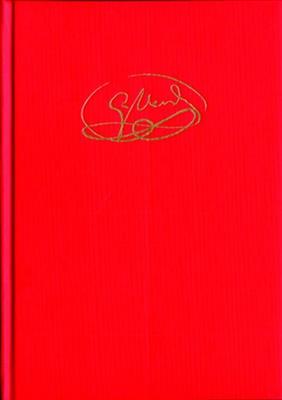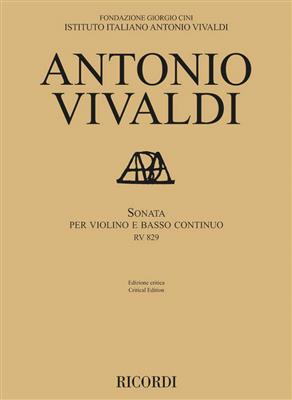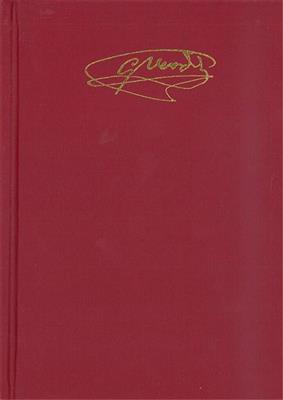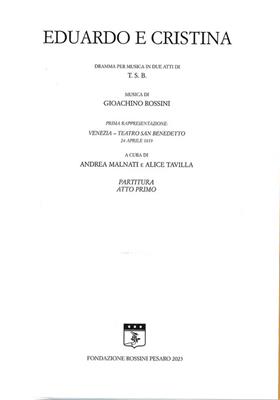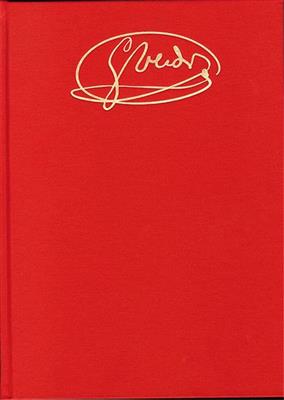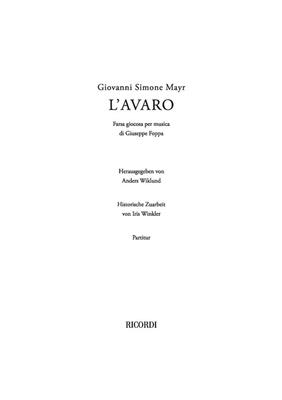Caterina Cornaro
edizione critica a cura di Eleonora Di Cintio
COMPOSITEUR:
Gaetano Donizetti
ÉDITION MUSICALE:
Ricordi
TYPE DE PRODUIT:
Conducteur avec couverture rigide
INSTRUMENT GROUP:
Orchestre Symphonique
In the spring of 1842, Gaetano Donizetti signed two contracts with the theaters of Vienna and Naples, making arrangements with Salvadore Cammarano for the writing of the librettos. However, Cammarano withdrew, leaving the task to Giacomo Sacchero, who worked on an opera for Vienna dedicated to
Spécifications
| Subtitle | edizione critica a cura di Eleonora Di Cintio |
| Compositeur | Gaetano Donizetti |
| Édition musicale | Ricordi |
| Instrumentation | Orchestre Symphonique |
| Type de produit | Conducteur avec couverture rigide |
| Instrument Group | Orchestre Symphonique |
| Année d'édition | 2025 |
| ISBN | 9788881921287 |
| ISMN | 9790041421377 |
| Collection | UMPC Critical Editions |
| Nombre de pages | 664 |
| No. | NR 14213700 |
| Release Date | 10/03/2025 |
Description
In the spring of 1842, Gaetano Donizetti signed two contracts with the theaters of Vienna and Naples, making arrangements with Salvadore Cammarano for the writing of the librettos. However, Cammarano withdrew, leaving the task to Giacomo Sacchero, who worked on an opera for Vienna dedicated to Caterina Cornaro, the last queen of Cyprus. Donizetti began composing in the autumn of 1842 but had to suspend his work upon discovering that a similar opera was being staged in Vienna. In 1843, he then proposed the opera to the San Carlo Theater in Naples, but due to his deteriorating health, he was unable to oversee its production. The absence of the composer and the censorship imposed on the opera compromised its success, leading to a lukewarm reception and a swift withdrawal from the stage. Donizetti attempted to present it again in Vienna, without success, and later in Parma, where it was staged in 1845. However, this version was not significantly different from the Neapolitan one, as the composer, once again, was unable to supervise its production. The modern critical edition has reconstructed the opera according to the composer’s original intent, restoring the censored and omitted sections. Restored to its original form, Caterina Cornaro is now available to performers and scholars, representing one of the boldest experiments of Donizetti’s final creative period. Moreover, its political themes make it a key work of Italian melodrama from the 1840s, reflecting the European peoples' desire for self-determination.


 Australia
Australia
 België (FR)
België (FR)
 Bosna i Hercegovina
Bosna i Hercegovina
 Canada
Canada
 Česká republika
Česká republika
 Danmark
Danmark
 Deutschland
Deutschland
 Eesti
Eesti
 España
España
 Hrvatska
Hrvatska
 Ireland
Ireland
 Ísland
Ísland
 Italia
Italia
 Latvija
Latvija
 Lëtzebuerg
Lëtzebuerg
 Liechtenstein
Liechtenstein
 Lietuva
Lietuva
 Magyarország
Magyarország
 Malaysia
Malaysia
 Malta
Malta
 Nederland
Nederland
 New Zealand
New Zealand
 Noreg
Noreg
 Österreich
Österreich
 Polska
Polska
 Portugal
Portugal
 România
România
 Slovenija
Slovenija
 Slovensko
Slovensko
 Srbija
Srbija
 Suid-Afrika
Suid-Afrika
 Suomi
Suomi
 Sverige
Sverige
 Svizzera (DE)
Svizzera (DE)
 Türkiye
Türkiye
 United Kingdom
United Kingdom
 United States
United States
 Ελλάδα
Ελλάδα
 Κύπρος
Κύπρος
 България
България
 Россия
Россия
 Україна
Україна
 ישראל
ישראל
 المملكة العربية السعودية
المملكة العربية السعودية
 مصر
مصر
 대한민국
대한민국
 中国
中国
 新加坡
新加坡
 日本
日本
 香港特別行政區
香港特別行政區
 Other
Other

